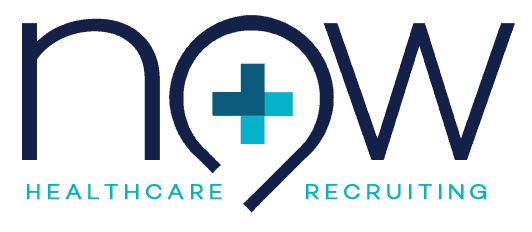A New Era of Talent Acquisition
The world of recruitment and staffing has undergone a significant evolution in recent years, thanks to the rapid advancements in artificial intelligence (AI) technology. Traditional hiring processes, once reliant on manual screenings, paper resumes, and time-consuming interviews, are now being revolutionized by AI-powered solutions. This transformative shift is reshaping how organizations attract, assess, and retain talent.
Can you believe companies are hiring people without ever meeting them in-person or virtually? Wow! Where will this lead to?
Enhanced Candidate Sourcing and Screening
AI has streamlined candidate sourcing and screening processes, significantly reducing the time and effort required to identify suitable candidates. Automated systems leverage algorithms to scan through vast pools of resumes, analyzing qualifications, skills, and experiences to pinpoint the best matches for a job opening. By doing so, recruiters can focus their attention on engaging with top-tier candidates rather than sifting through numerous applications manually.
Data-Driven Decision-Making
The power of AI in recruitment lies in its ability to process and analyze vast amounts of data. These insights empower recruiters and HR professionals to make data-driven decisions. AI algorithms can predict candidate success based on historical data, thus aiding in identifying individuals who align not just with the job description but also with the organization’s culture and values.
Improved Candidate Experience
AI has also contributed to enhancing the overall candidate experience. Chatbots and AI-driven interfaces have enabled immediate responses to candidate inquiries, providing real-time information about job roles, application statuses, and company culture. This instant communication fosters a positive impression of the hiring organization, regardless of whether a candidate is ultimately selected.
Efficiency in Talent Acquisition
Automating repetitive tasks allows recruiters to focus on strategic aspects of talent acquisition. From scheduling interviews to sending follow-up emails, AI streamlines these administrative processes, allowing recruiters to allocate their time and expertise to building relationships with potential hires and aligning talent with business objectives.
Reduced Bias in Hiring
One of the most promising aspects of AI in recruitment is its potential to reduce unconscious bias. By basing decisions on objective data points and qualifications rather than subjective factors, AI-driven systems can help mitigate biases related to race, gender, age, or background, contributing to fairer and more inclusive hiring practices.
Predictive Analytics for Future Needs
AI doesn’t just help in the current hiring process; it also aids in predicting future talent needs. Analyzing workforce trends, market demands, and internal data, AI can forecast potential talent shortages or surpluses, allowing organizations to proactively strategize recruitment efforts and talent development programs.
Personalized Recruitment Marketing: AI algorithms analyze candidate behaviors and preferences to create targeted recruitment marketing campaigns. This helps in reaching the right candidates through tailored messaging across various platforms.
Challenges and Ethical Considerations
Despite its remarkable benefits, AI in recruitment isn’t without challenges. Concerns about data privacy, algorithmic biases, and the ethical use of AI in decision-making processes remain pivotal. Striking a balance between leveraging AI’s capabilities while ensuring fairness, transparency, and compliance with regulations is an ongoing concern that the industry is actively addressing.
The Future Landscape
The future of recruitment and staffing is undeniably intertwined with AI technology. As AI continues to evolve, so will its impact on talent acquisition. Integrating AI with human expertise can create a harmonious synergy, where technology augments the capabilities of recruiters rather than replacing them entirely.
The key lies in leveraging AI as a tool to enhance the efficiency, accuracy, and inclusivity of the hiring process while retaining the human touch necessary for understanding complex human behaviors, motivations, and cultural nuances.
In conclusion, the advent of AI in recruitment and staffing marks a paradigm shift in how organizations identify, acquire, and retain talent. By harnessing the potential of AI responsibly and ethically, the industry stands to create a more efficient, diverse, and skilled workforce, driving innovation and success in the ever-evolving global landscape.
From the desk of David Wolfe, Found and CEO
NOW Healthcare david@nowhealthcare.org

